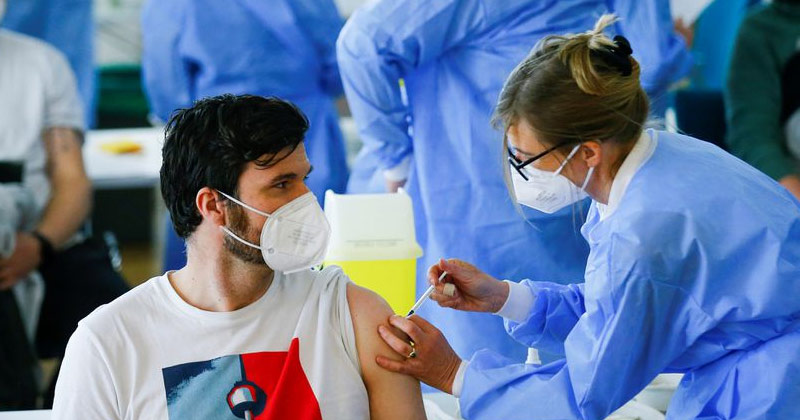This is not the best time to be in Germany, truth be told. The very country whose borders had been opened a little over a month ago, and where tourism, it felt, was once again on the rise, with states like Bavaria and NorthRhine Westphalia beginning to attract visitors not only from Europe, a sort of silence has enveloped the enthusiasm of a country that was a bit short lived.
With the number of COVID 19 infections on the rise, it appears that the fourth COVID wave has hit the country in no uncertain terms. This, it must not be overlooked, is a country that’s sitting on a melting pot of relentless action and drama from different walks of life.
While on the one hand, the German democratic elections are fast approaching and knocking on the door, the country is also occupied in preparing a separate financial aid package to assist the aggrieved and wartorn Afghanistan, that part of the world on which everyone’s eyes are fixated and without much doubt.
Secondly, with the new COVID pandemic wave hitting, much of organisational, healthcare and logistical support will be needed in the land of beer and autobahns to augment space for an atmosphere that isn’t engulfed but is devoid of chaos and panic.
Healthcare authorities, meanwhile, are encouraging higher vaccination numbers across the country and the time to move toward getting inoculated is now (has never been better or urgent).
That being said, the major cause of worry is the dangerous and infective Delta COVID virus variant, which in this case, as reports and medical experts suggest, is hitting the youngsters specifically.
As a matter of fact, though it cannot avoid any sense of obviousness, as many as 99 per cent of the COVID cases in the entirety of the country are reportedly down to the Delta variant of the virus.
If anyone thought that the days of difficultly are out on their way and that smooth, stress-free times were back again, then maybe no better time than now to get some reality check.
To exercise greater or stricter adherence to the COVID 19 protocols is here, and once again, though its arrival thus raise a pertinent question- has the virus struck rather early than expected?
The following is what renowned and unbiased media platform focusing on non partisan commentary on the state of affairs of the country, DW.com, had to say-
Germany has “clearly” begun a fourth wave of coronavirus infections, according to the country’s agency for disease control and prevention, the Robert Koch Institute (RKI).
Positive samples among PCR tests had risen from 4% to 6% within a week until mid-August, the RKI said in its weekly report on Thursday evening.
Rising infection numbers come as the more contagious delta variant becomes the dominant form of the virus, making up 99% of all cases in Germany, the RKI said.
So that said, what’s a key question is to note just how serious things are at this point in time:
The following are more inputs from the said publication:
The seven-day incidence rate in Germany on Thursday was around 44 cases per 100,000 inhabitants, but with strong regional fluctuations.
For example, the northern city of Kiel has a rate of 107.4 while the city-states of Hamburg and Berlin have recorded 68.8 and 50.3. In the states of Thuringia and Saxony-Anhalt cases per 100,000 remain below 10.
Until the end of June 2021, 100 cases per 100,000 people was the benchmark at which certain restrictions on public and private life came into force.


